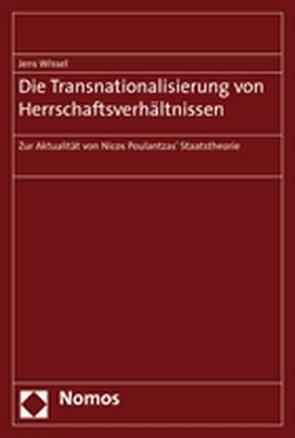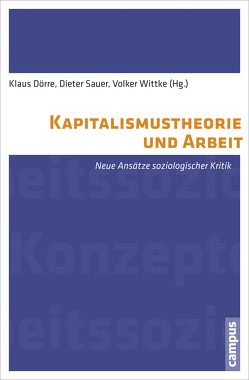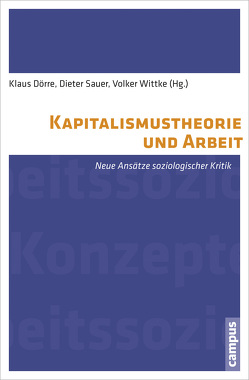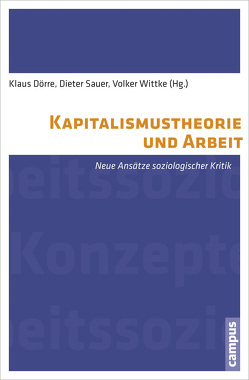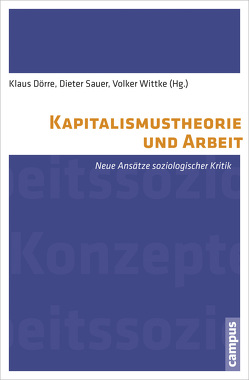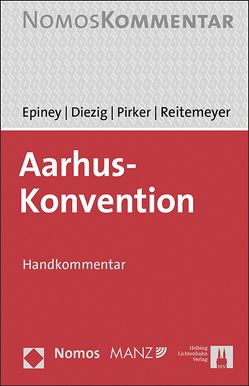Die Transnationalisierung von Herrschaftsverhältnissen
Zur Aktualität von Nicos Poulantzas' Staatstheorie
Jens Wissel
Seit der Krise des Fordismus haben alle gesellschaftlichen Bereiche grundlegende Veränderungsprozesse durchlaufen. In dem vorliegenden Buch wird unter Rückgriff auf die staats- und klassentheoretischen Grundlegungen von Nicos Poulantzas eine spezifische Perspektive auf die Umbrüche entwickelt. Diese ermöglicht es, die Mehrdimensionalität der Transnationalisierungsprozesse offen zu legen und die Bedeutung von Macht- und Herrschaftsbeziehungen hervorzuheben.
„Wissel provides an excellent summary of the key arguments of Poulantzas about classes in contemporary capitalism, the nature and limitations of the capitalist state, (…). All of this is tightly presented, well-argued, and thoughtfully evaluated. The discussion of the interior bourgeoisie (innere Bourgeoisie) as a key category rooted in conditions of Atlantic Fordism in the 1960s and 1970s and its potential relevance to the 1990s and 2000s was especially well-developed. (…) As a specialist in the work of Poulantzas, I was gratified by the clarity of argument and surprised by the number of interesting new critical comments“. (Bob Jessop)
Nach der Entwicklung der theoretischen Perspektive werden die Veränderungen der Transnationalisierungsprozesse anhand einer Analyse der WTO und ihres institutionellen Umfeldes konkretisiert. Der hier vertretenen These nach ist eine transnationale imperiale Netzwerkstruktur entstanden, in der sich unterschiedliche Regime und Regulationsformen mit einer transnationalisierten Ökonomie zu einem flexiblen Netzwerk der Macht verdichten.
